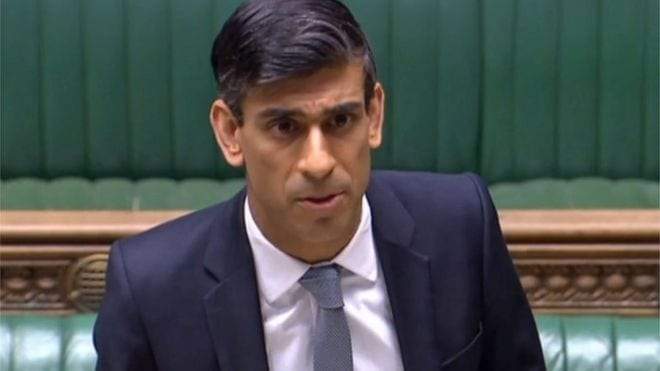With the Coronavirus Job Retention scheme due to end on 31 October 2020, Employers have one week to decide what to do with staff who are currently furloughed and/or flexibly furloughed.

Following yesterday’s announcement by the Chancellor, HMRC has published a policy paper containing more details on the Job Support Scheme which now defines the scheme is two ways:
- JSS Open; and
- JSS Closed
Under JSS Open, an employee will need to work at least 20% (no longer 33%) of their normal hours. They will receive normal pay for the hours they work, and two-thirds of pay (subject to a cap which bites against those earning more than £3,125 a month) for the hours they do not work. For that two-thirds top-up, the government will pay 61.67% and the employer will pay 5%, plus NI and pension contributions on the full amount. That is a significant change from the previous 50:50 split towards the two-thirds top-up, shifting the financial cost overwhelmingly to the public purse. There must be a written agreement between employer and employee, agreeing to the changes.
Under JSS Closed, the position remains that the employee will receive two-thirds of their normal wages, funded by the government (again, with a cap biting against those who earn more than £3,125pm). The employer will have to pay the NI and pension contributions on that amount. Again, there must be a written agreement between employer and employee, agreeing to the changes.
The policy paper provides some detail about how the scheme will operate, eligibility criteria and how to calculate pay, but full details are still to be confirmed and Treasury Direction is expected to be issued soon.
Decision Time for Employers
In the meantime, Employers will need to decide what to do with who are currently furloughed and/or flexibly furloughed and our multi-award-winning team of employment law specialists are ready to help you!
We can give you advice and support on:
- Ending furlough and/or flexible furlough
- Employment contract changes necessary to utilise the Job Support Scheme
- Drafting and providing written agreements between employer and employee, agreeing to the changes.
- The correct redundancy processes to ensure fairness and legal compliance
- Utilising settlement agreements as an alternative to a full blown redundancy process.
Book your FREE Consultation Now or call us on 0800 612 4772 to speak to a specialist today.
 Advice on Settlement Agreements Employees
Advice on Settlement Agreements Employees Advice on Settlement Agreements Employers
Advice on Settlement Agreements Employers

